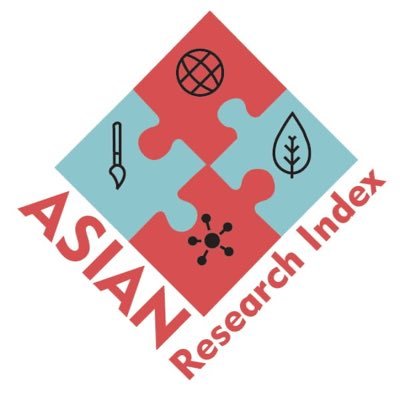Role of Zakat, Waqf And Islamic Microfinance in Achieving Maqāṣid Al-Sharīảh
Abstract
Zakat is a pure poverty alleviation system offered in Islam which is its fourth pillar of faith and hence one finds no question on its authenticity and importance. Waqf, a non-profit voluntary sector, has an important and integral role in building communities during various phases of their development. Further, the conventional microfinance programs are costly which involve riba (usury) too, a prohibited transaction in Islam. This is one factor why Muslims prefer Islamic microfinance for their business need but it is unfortunate that this system is not mature and effective. The problem is answered through Islamic principles, regulations, and laws which are called Shariah while Maqāṣid Al-Sharīảh is basically the objectives of Islamic law. The central purpose of shariah is to facilitate the removal of hardships in lives of humans. The main objective of this paper is to discuss role of Zakat, waqf and Islamic microfinance under the principles of Maqāṣid Al-Sharīảh. In this paper the separate relation of these poverty alleviation tools with five principles of Al-daruriyyat from the perspective of Maqasid Al-Shariah have been discussed. The findings of the paper show that zakat, waqf and Islamic micro finance has a positive impact on all human needs in the perspective of Maqasid al-Shariah namely religion, knowledge, life, family and wealth. Hence, the study also provides an insight that without proper zakat distribution, utilizing waqf assets and providing useful Islamic micro financing, the requirement of maqasid al shariah cannot be fulfilled. This study indicates that, Al-Din, Al-Nafs, Al-Nasb, and Al-Mal these indicators has positive relationship with the involvement of zakat, Islamic microfinance program, while, the indicator of Al-Aql has not significant relation with islamic microfinance program and even in zakat except different business knowledge in microfinancing and education and training by using zakat amount. while in case of waqf indicators of all five principles are significantly improved.



.png)




